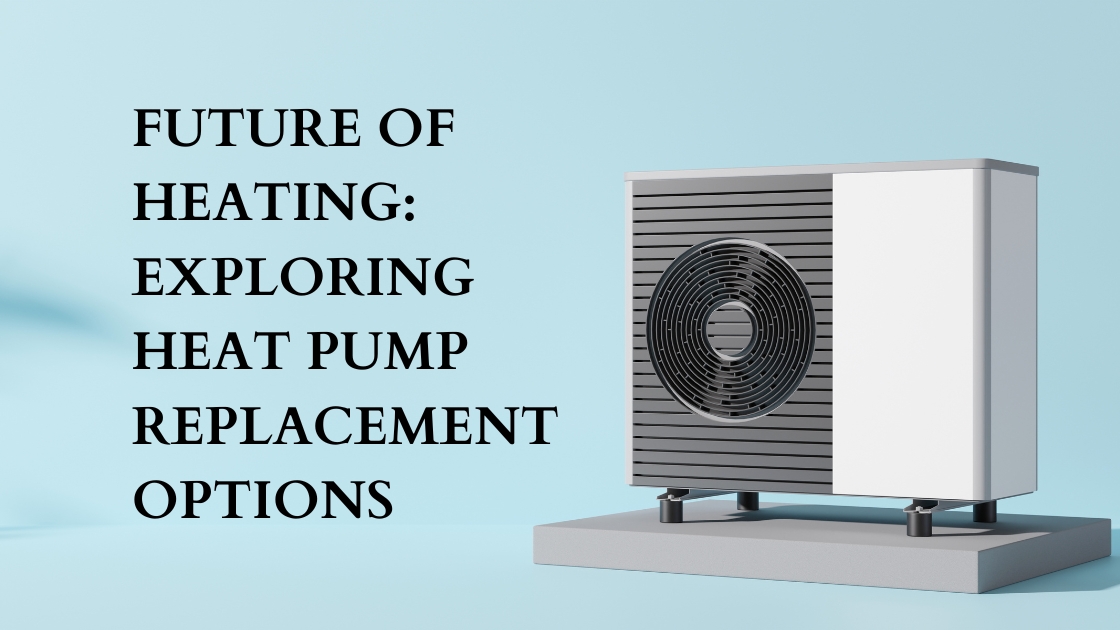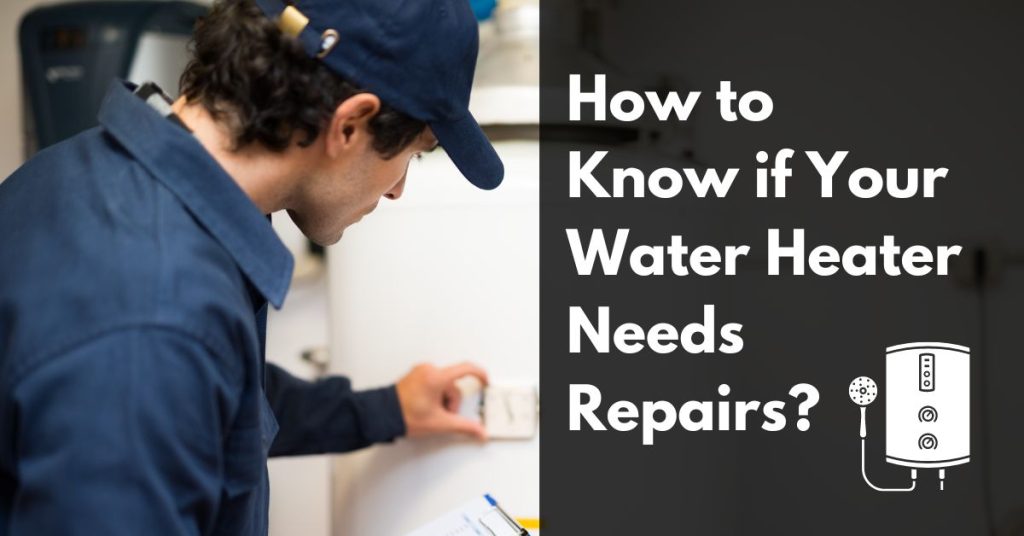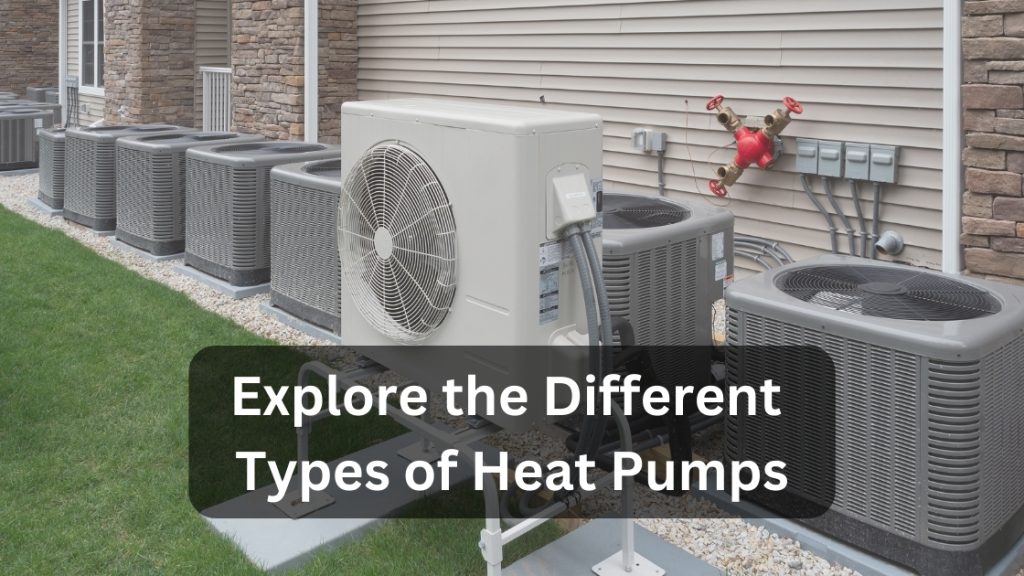Currently Empty: $0.00
The Future of Heating: Exploring Heat Pump Replacement Options
The way we heat our homes is changing, moving away from old systems to embrace more eco-friendly options. Right at the center of this change is the heat pump, a technology that not only offers a new way to keep our homes warm but also supports our shared goal of being kinder to the environment. In this in-depth look, we’ll explore what’s driving the popularity of heat pumps, the different types out there, what to think about when getting a new one, and how smart technology is shaping the upcoming of home heating.
Contents
Understanding the Rise of Heat Pumps
The Basics of Heat Pumps
At the heart of the heat pump revolution lies a fundamental shift in how we perceive and harness heat. Unlike traditional heating systems that rely on the generation of heat, heat pumps operate on the principle of heat transfer. These ingenious devices extract warmth from the air, ground, or water and distribute it throughout our living spaces. By leveraging the natural ambient temperature of the surroundings, heat pumps are inherently more efficient than their predecessors.
Environmental Benefits
The surge in popularity of heat pumps is not merely a technological trend but a conscious choice driven by environmental concerns. As the global community grapples with the imperative to reduce carbon emissions, heat pumps emerge as a beacon of hope. Compared to conventional heating systems, heat pumps produce significantly fewer greenhouse gas emissions, positioning them as an integral player in the ongoing battle against climate change. This environmental consciousness is a key driver propelling heat pumps into the mainstream.
Types of Heat Pumps
Air Source Heat Pumps
Air source heat pumps absorb heat from the outside air and distribute it within a building. They are versatile and suitable for various climates. With advancements in technology, modern air source heat pumps are more efficient, even in colder temperatures.
Ground Source Heat Pumps
Ground source heat pumps, also known as geothermal heat pumps, extract heat from the ground. They are highly efficient but may have higher upfront costs. However, they offer long-term energy savings and are considered a sustainable heating option.
Water Source Heat Pumps
Water source heat pumps utilize heat from a water source, such as a lake or pond. They are efficient and can provide consistent heating throughout the year. However, their applicability may be limited by the availability of a suitable water source.
Factors to Consider When Replacing a Heat Pump
Energy Efficiency Ratings
The efficiency of a heat pump is a critical factor when considering a replacement. Energy efficiency is quantified through metrics such as the Seasonal Energy Efficiency Ratio (SEER) and Heating Seasonal Performance Factor (HSPF). Homeowners should prioritize models with high ratings in both categories, ensuring optimal performance and minimized energy consumption.
Size and Capacity
Selecting the right size and capacity is paramount for the efficient operation of a heat pump. An undersized unit may struggle to meet the heating demands of a space, leading to discomfort and potential wear on the system. Conversely, an oversized unit can result in unnecessary energy consumption. Consulting with a professional to determine the appropriate size for the specific needs of a home is a crucial step in the replacement process.
Compatibility with Existing Systems
Seamless integration with existing HVAC systems is a crucial consideration when contemplating a heat pump replacement. Incompatibility can lead to inefficiencies, increased energy consumption, and potential malfunctions. Homeowners should work closely with HVAC professionals to ensure that the new heat pump aligns seamlessly with their existing infrastructure.
The Integration of Smart Technology
Smart Thermostats and Controls
The Advanced of heating involves the integration of smart technology. Smart thermostats and controls allow homeowners to optimize their heating systems, adjusting settings remotely and maximizing energy savings.
Internet of Things (IoT) Connectivity
Heat pumps with IoT connectivity enable seamless communication between devices. This connectivity enhances overall system efficiency and provides real-time insights into energy consumption.
Conclusion
Looking towards the future of heating, heat pumps emerge as a sustainable and efficient choice, offering various options such as air source, ground source, or water source heat pumps, each with its unique advantages. When contemplating a heat pump replacement, factors like energy efficiency, size, and compatibility should be carefully evaluated to ensure optimal performance. The integration of smart technology further enhances these systems, paving the way for a more sustainable and comfortable advanced in home heating. For those considering a Heat Pump Replacement in American Canyon, CA, these considerations become especially crucial, as finding the right system tailored to the local climate and adhering to environmental standards is paramount for long-term satisfaction.














